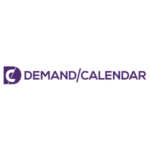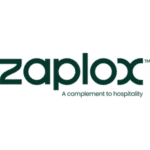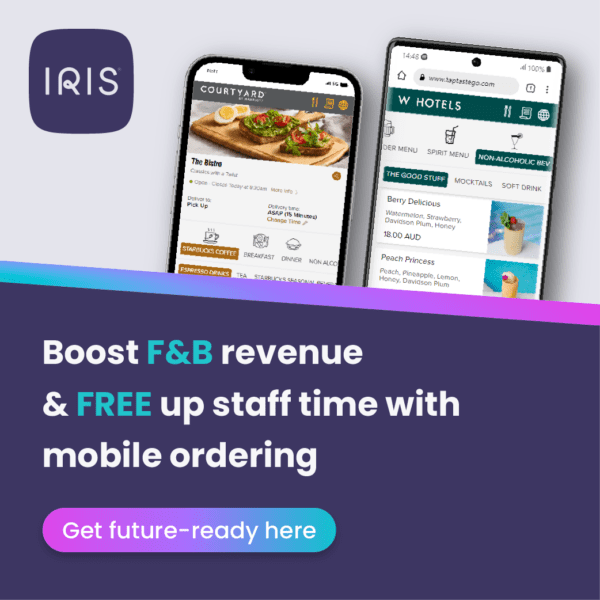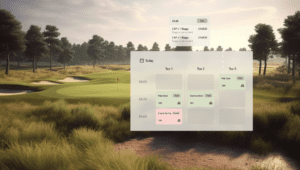
Tipping is an integral part of North American service culture, but it has always had challenges in hospitality. Travelers today carry fewer cash bills than ever, with a recent study showing that just 16 percent of all transactions today are handled using cash. More businesses are turning to digital tipping solutions to adapt to this shift in consumer behavior, but common barriers exist in the hotel tech stack that prevent some independent hoteliers from quickly offering digital tipping. Tipping is a significant way for operators to earn monetary rewards and judge the level of service they are offering, and hotels owe it to their staff to provide access to digital tips.
The first challenge many hotels encounter when adopting digital tipping is that managing tips is typically isolated to the hotel PMS for historical operational reasons. However, hotels must have a means to make tipping a standalone service they offer. This is important because consumers want to ensure the tip they leave goes directly to the provider giving them service. Often, travelers fear their tips will go into a general pool or not reach workers. These perceptions have fueled a negative opinion toward tipping across the general public, with a recent study showing just 33 percent of Americans have a favorable view of tipping.
Furthermore, tips today are high. A 2022 study found that 37 percent of Canadians tip between 15 and 19 percent for exceptional service. Often, in the hospitality industry, tips can be even higher. This only applies when consumers have confidence that the intended party is receiving the tip. Simple fixes exist today. Bar and QR code technology can be tied directly to the hotel staff’s ID, making locating the specific individual one wants to tip easy. If tied to the PMS, a scanned QR code can deliver travelers to a custom page, allowing them to offer a gratuity to a staff member or a general pool of workers.
However, once the money is in a hotel’s system, they must make careful decisions about distributing tips among workers. Improper application can squander the goodwill of introducing the capability in the first place.
Real Money
On a surface level, managing cash tips is easy—cash in, cash out. But digital tips require a different delivery method if they are to reach the intended worker, especially if workers desire immediate access to their funds. Hotels have approached this challenge with many good ideas and a few that haven’t worked as well.
One well-intentioned approach to delivering digital tips to workers has been offering gift cards stocked with tips following a worker’s shift. However, while gift cards may solve this problem in the short term, they depend on how and where they can be used. Often, gift cards have limitations when reaching low balances and can cause workers to feel like they are missing out on the sum total of what they’ve rightfully earned.
Instead, hotels with payment processing integrated into their PMS can offer Visa gift cards with balances that can be checked, controlled, and transferred. Visa cards help workers feel like they can benefit from digital tipping the same way they have with cash all these years. Often, these systems operate without cost to the hotel and only benefit operations by improving morale and making it easier for guests to reward operators when they feel they’ve earned it.
Implementation
Digital tipping is growing in mainstream appeal across the service industry, mainly in response to us graduating into a cashless society in many respects. However, operators must be all in on the concept to use this technology. This is because digital tipping requires payment processing to be routed through the hotel PMS, and then it must interface with all areas of hotel operations to be feasible at all times.
Digital tipping also has positive security benefits and allows guests to consider tipping more significant amounts than they typically carry on hand. Operators can also leverage their PMS partner’s capabilities to design branded microsites to deliver digital tipping offerings across a branded platform. While your PMS provider supports the system, guests can remain digital with your hotel’s branding, reducing confusion at critical moments in the purchase process.
While it may sound daunting, hotels are used to adapting to this level of planning. Digital tipping requires a thoughtful approach that allows housekeepers and maintenance workers to be tipped as often as the front desk and bellhop. If hoteliers take the time to digest all the options and opportunities this technology provides, they will implement the most effective and reliable method of compensating today’s staff. In fact, by the time you read this, digital tipping will likely already be mainstream.

















